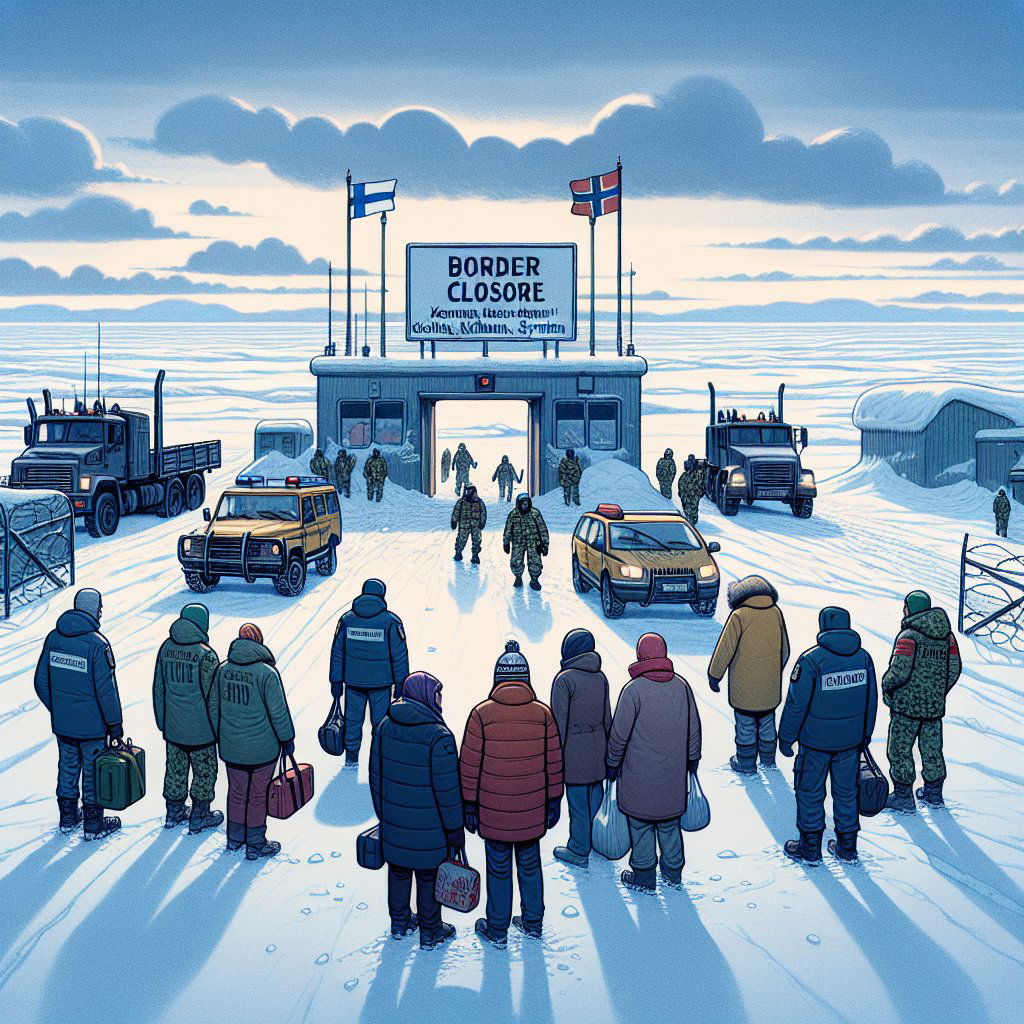Image: AI generated for illustration purposes
Finland Suspends Travel Across Russian Border Amid Asylum Seeker Influx
Amid escalating international tensions, Finland has made the significant decision to close its border with Russia for a duration of two weeks. This move comes as a direct response to an unusual surge in asylum seekers from Russia, which Finnish authorities suspect is a strategic measure by Moscow. The Finnish government and its western allies believe that the increase in asylum seekers is an orchestrated response to Finland's recent decision to join the North Atlantic Treaty Organization (NATO).
In a move that has sent ripples through international diplomatic circles, Finland has accused Russia of deliberately channeling asylum seekers to its borders. The accusation suggests a retaliatory tactic by Moscow, following Helsinki's move to bolster its defense cooperation with the United States and its historic shift to join NATO, abandoning its long-standing stance of military non-alignment.
This month alone, approximately 900 individuals hailing from countries such as Kenya, Morocco, Pakistan, Somalia, Syria, and Yemen have sought asylum in Finland after crossing from Russia. This number marks a drastic increase from a rate of less than one asylum seeker per day previously reported. Finnish Prime Minister Petteri Orpo has characterized these developments as Russia's 'influence operation,' emphasizing that his nation will not tolerate these actions.
Adding weight to these concerns, Finland has intelligence that suggests Russian authorities are facilitating the movements of these asylum seekers--an allegation the Kremlin denies. Still, the Finnish government remains resolved, and in a bid to control the situation, they have made the unprecedented decision to close the northernmost Raja-Jooseppi crossing in the Arctic--the last remaining arterial border post accommodating traveler influx.
These measures extend beyond just the land crossings. As Finnish authorities implement their border shutdown, they have specified that asylum seekers will only be allowed to apply for protection at open air and maritime traffic points, effectively directing asylum applications towards ports and airports. Excluded from this shutdown is a railway crossing, which will remain operational but strictly for cargo traffic.
Closing the Raja-Jooseppi border post--a focal point in the current diplomatic crisis--will isolate Finland from direct land connective routes with Russia until December 13. This decision has raised concerns from Finland's ombudsman for non-discrimination, with considerations that the remote location of the border crossing could jeopardize the right of individuals to seek asylum.
The international community watches closely as these events unfold, bearing witness to a new chapter in Finland's defense and foreign policy. These developments are undeniably a geopolitical reaction to the ongoing conflict in Ukraine, which has had far-reaching implications for European security dynamics.
Finland's government, led by Prime Minister Orpo, remains vigilant amidst these challenging circumstances, asserting a firm stance on national security amidst what it perceives as a complex form of international coercion.










